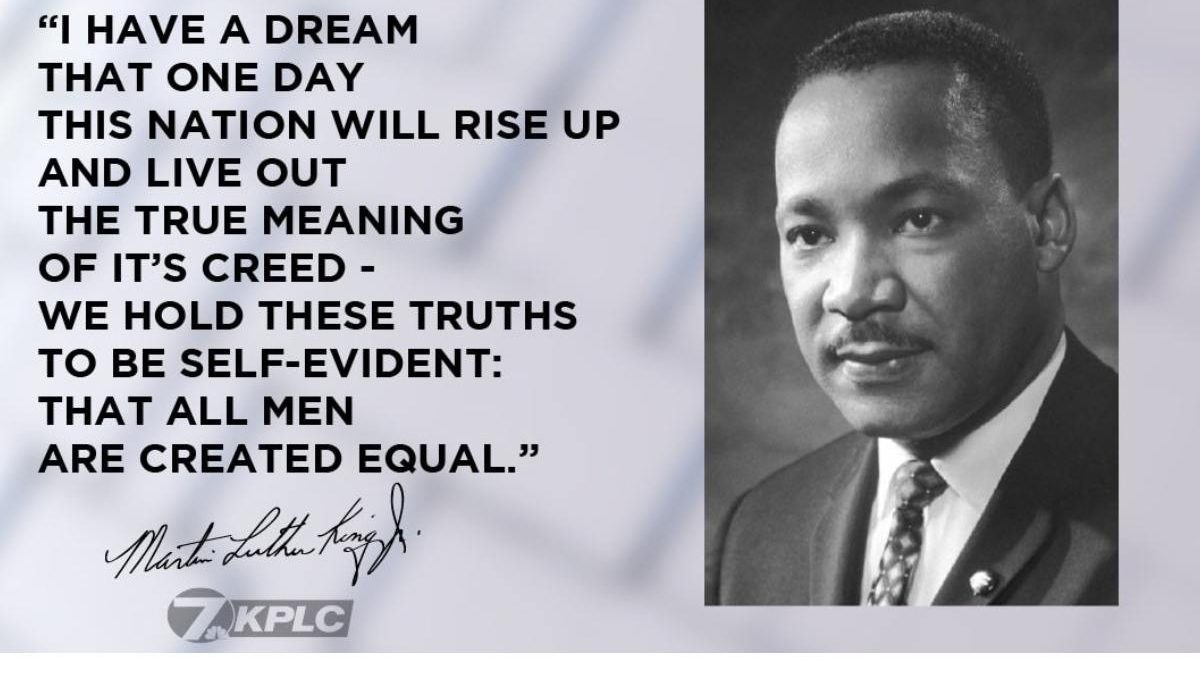Table of Contents
Economic Aspects of Martin Luther King Jr.
Some Economics For Martin Luther King Jr Day 4, On November 2. 1983, President Ronald Reagan employed a law founding a significant holiday for Martin Luther King Jr.’s birthday, celebrated annually on the third Monday in January. As stated by the legislation that Congress adopted: This vacation should serve as a time for Americans to reflect on the principles of racial equality and nonviolent social change adopted by Martin Luther King, Jr. Well, the case of racial equality is fundamentally above the principles of justice, the economy and playing than a role of support. Here are some economy-related thoughts for the day extracts from previous year’s publications on this blog, with more tails and comments on the links.
Some Economies of Black America.
The McKinsey Global Institute has The Economic State of Black America: What Remains and Could Be (June 2021). Much of the report focuses on highlighting gaps in various economic statistics. In terms of income. Such comparisons are not new. They do not lose their clash power.
For Example:
Today, the average annual salary of black workers is 30%, or $10,000, less than the white workers’ wages. We estimate the annual salaries of the Blacks of 220 million dollars today. This would be like an absolute parity scenario, with a corresponding representation of the Blacks
—the black part of the population in all occupations and eliminating racial pay gaps within occupational categories. The realization of the scenario Would increase total black wages by 30%. The racial disparity of wages is the product of the imbalance of representation and the lack of remuneration in the categories of professionals – and it is a surprise I concentrated
The Unkept Brides of the Freedmen’s Savings Bank: 1865-1874
The Freedman’s Savings Bank lasted from 1865 to 1874. The American government funded it for four financial services for ancient enslaved people. In particular, there was concern that if the black Union Army veterans did not have bank accounts, they would not be able to receive their wages. The bank has achieved considerable success in creating branches and accepting deposits. However, the bank’s management ranged from uninvolved to corrupt, and with the Panic of 1873, the combination proved deadly for the bank, and tens of thousands of depositors lost most of their money.
Criminal Justice Symposium Fall 2021 Journal of Economic Perspectives
The journal I work for as editor published a five-article “Symposium on criminal justice” in the fall 2021 issue. Algorithms and stopping conditions. The authors each have their perspectives, of course, but in different ways, they all seek to come to terms with the apparent racial disparities in the criminal justice system.
- The economy of the police and public security, by Emily Owens and Boca Ba (pp. 3-28)
- Next Generation Police Investigation: Three Proposals,” by Monica C. Bel (pp. 29-48)
- The American system before trial: balancing individual rights and public interests”, by Will Dobbie and Crystal S. Yang (pp. 49-70)
- Fragile algorithms and fallible decision-makers: Lessons from the legal system” by Jens Ludwig and Senthil Mullainathan (pp. 71-96)
- Inside the nightclub: security, sanity, and isolation in prison,” by Bruce Western (pp. 97-122)
Entertain with Rucker Johnson: Supporting the Children
Douglas Clement interviews Rucker Johnson about his research in the Fall 2021 issue of For All, published by the Minneapolis Fed’s Opportunity & Growth Institute (“Rucker Johnson Interview: Power Potential, subtitled Rucker Johnson on school finance reform quality pre-K and i
On Disparities in Spending And Opportunity in K-12 Schools:
Today, about 75 percent of disparities in per-pupil spending are between states (rather than between districts within states). And we have seen inequality in school spending rise since 2000. After three decades of decline (the 1970s, 1980s, and 1990s), primarily due to the state school finance reforms emphasized in my work with Karabo Jackson and Claudia Persico. Inequality has been significantly increasing, especially after the Great Recession.
Also read: Coinbase Pro Trading is Disabled
Related posts
Featured Posts
1xbet Скачать 1xbet Mobile App Мобильное Приложение Для Ставок в Спорт Андроид%2C Айфон 1-x-bet Co
1xbet Скачать 1xbet Mobile App Мобильное Приложение Для Ставок в Спорт Андроид%2C Айфон 1-x-bet Com Онлайн Казино 1xbet Официальный Сайт…
Have the Spin which have 2024’s Greatest On the internet Roulette Online game
Have the Spin which have 2024’s Greatest On the internet Roulette Online game Blogs For many who win, you’re struggling…

